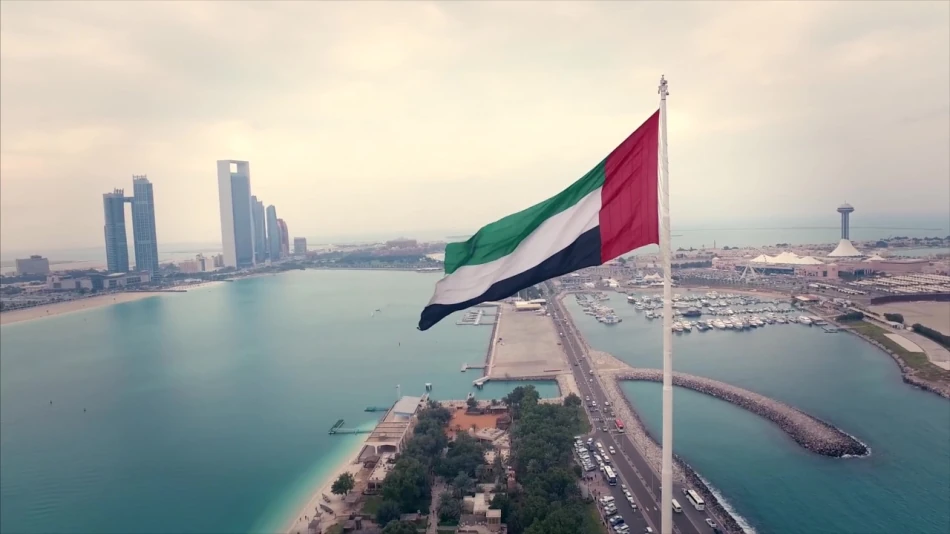
UAE Condemns Israeli Army's Targeting of UN Peacekeepers in Lebanon
UAE Condemns Israeli Strike on UN Peacekeepers as International Law Violation Escalates Regional Tensions
The United Arab Emirates has issued a sharp condemnation of Israeli military strikes against United Nations peacekeeping forces in Lebanon, marking another diplomatic flashpoint as the conflict expands beyond Gaza. The rebuke underscores growing international concern over attacks on neutral forces and highlights the UAE's evolving role as a regional diplomatic voice amid escalating Middle Eastern tensions.
Direct Challenge to International Framework
The UAE's Foreign Ministry characterized the Israeli attack on UNIFIL (United Nations Interim Force in Lebanon) positions as a violation of international law and UN Security Council Resolution 1701. This resolution, adopted in 2006 following the last major Israel-Lebanon conflict, established the current peacekeeping framework and called for a cessation of hostilities.
The targeting of international peacekeeping forces represents a significant escalation that could complicate diplomatic efforts to contain the conflict. UNIFIL has operated in southern Lebanon since 1978, with its mandate expanded after the 2006 war to monitor the cessation of hostilities between Israel and Hezbollah.
UAE's Strategic Diplomatic Positioning
The Emirates' condemnation reflects its careful balancing act in regional diplomacy. Despite normalizing relations with Israel through the 2020 Abraham Accords, the UAE has maintained support for Lebanese sovereignty and territorial integrity, as reiterated in the Foreign Ministry statement.
This measured approach allows the UAE to preserve its diplomatic relationships across the region while positioning itself as a responsible international actor. The country has increasingly sought to play a stabilizing role in Middle Eastern conflicts, from Yemen to Syria.
Broader Implications for Regional Stability
The attack on UN peacekeepers raises questions about the effectiveness of international monitoring mechanisms in conflict zones. Similar incidents in recent years, including attacks on UN facilities in Gaza and Syria, have highlighted the vulnerability of international personnel in active conflict areas.
For regional powers like the UAE, maintaining support for international law and peacekeeping operations serves both diplomatic and economic interests. The Emirates has invested heavily in positioning itself as a reliable partner for international business and diplomacy, making adherence to global governance frameworks essential to its long-term strategy.
International Law Under Pressure
The incident underscores mounting pressure on international legal frameworks as conflicts intensify across the Middle East. UN peacekeeping forces operate under specific protections under international humanitarian law, making attacks against them potential war crimes.
The UAE's emphasis on Resolution 1701 violations also highlights the fragility of ceasefire mechanisms that have maintained relative stability along the Israel-Lebanon border for nearly two decades. Any breakdown of these arrangements could trigger a broader regional conflict with significant economic and security implications for Gulf states.
Most Viewed News

 Sara Khaled
Sara Khaled






